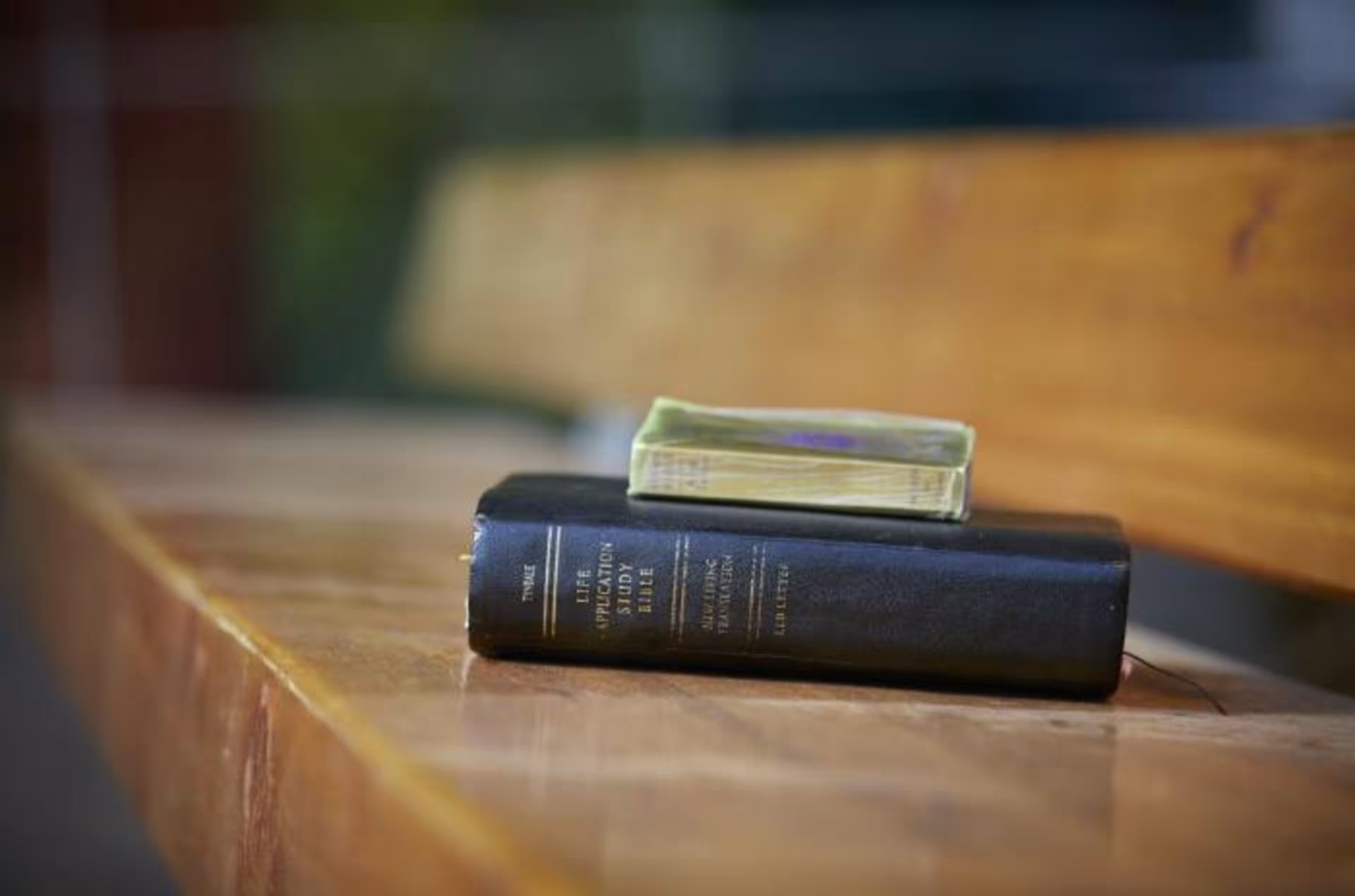Dear Faculty,
Why did God create the world if we are all going to die?
Sincerely, Theophilus
Dear Theophilus,
That is a great question that goes right to the heart of who God is. God is fully good, fully loving, fully beautiful and absolutely true and these characteristics continually flow out of him. Within the Trinity (God the Father, God the Son and God the Holy Spirit – three persons, one substance), the relationship of love, grace, goodness and beauty is so full that it overflowed through the act of creating a beautiful and good world. God brought the world into existence and as the capstone of this good work, he created people in his image so that they could share in his overflowing love, grace and goodness through their relationships with the Trinity.
God did not need the world or need people because God has no lack. Instead, God is so full of all that is good, that it overflows and spills out of him. His very nature is to share his goodness, grace and love. He created people out of love for the purpose of sharing love. People were created to love God and each other. Additionally, when God created people, he gave them good work to do so that they might experience God’s goodness and reflect his image in the way they care for the world and for each other. They were created without flaw or sin and God intended that they live this way eternally.
When God created people he also gave them free will so that they could freely share in his love. They were not robots who had no choice. Instead, God gave people the opportunity to either receive and live in his love or to reject him. Giving people free will dignified their choices and recognized the image of God within them. After creating them, God told the first humans that there was one boundary they could not cross in order to live in fellowship with him. However, the first people chose to cross that line and disobey God’s instruction. In doing so, they severed their relationships with God and each other and ushered sin, decay, corruption and death into the world. The perfect world was now broken.
However, God is good, and God is light. God did not want people to live in brokenness, darkness and separation. So, he set about making the broken world right so that people could be forgiven, healed, restored and made whole. Jesus Christ, fully God, became fully human and showed people how to live in God’s kingdom. The kingdom of God is anywhere the presence, rule and influence of God reigns in the lives of people. After three years showing people how to live in the kingdom of God, Jesus then willingly gave his own life as a sacrifice to pay for the sin that people had ushered into the world. After three days, Jesus rose from the dead, demonstrating God’s ultimate power over death and conquering the power that sin had held on the lives of people.
Because of Jesus’ death and resurrection, people can now live in restored relationship with God and they can love others with the love God gives them. People can live an abundant life in the presence of Jesus and participate in God’s mission of bringing healing, wholeness and restoration to the world.
Life in relationship with Jesus increasingly becomes marked by joy, love, peace and light. Eventually, yes, people still physically die. However, because Jesus conquered sin and death through his crucifixion and resurrection, followers of Jesus will experience eternal life with Christ after their physical death. The body may die, but the soul lives on eternally with Christ. Indeed, God’s goodness, healing and wholeness have the first and the last word.
Interested in having a question answered by Dear Theophilus writers? Send them all to cotblog@gcu.edu with “Dear Theophilus” in the subject line. You can learn more about GCU’s College of Theology by visiting our website or clicking the Request More Information button.






